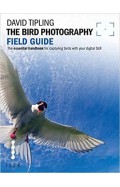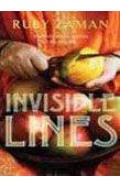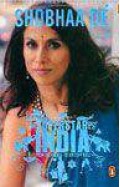A History of Birdwatching in 100 Objects
By: N/A
-
Rs 1,482.25
- Rs 2,695.00
- 45%
You save Rs 1,212.75.
Due to constant currency fluctuation, prices are subject to change with or without notice.
Myths Illusions and Peace: Finding a New Direction for America in the Middle East
By: Dennis Ross
Rs 985.50 Rs 1,095.00 Ex Tax :Rs 985.50
Zubin Mehta: A Musical Journey (An Authorized Biography)
By: VOID - Bakhtiar K. Dadabhoy
Rs 472.50 Rs 1,050.00 Ex Tax :Rs 472.50
Patrick Moores Year Book Of Astronomy 2013
By: Patrick Moore
Rs 3,246.75 Rs 4,995.00 Ex Tax :Rs 3,246.75
The Bird Photography Field Guide (Photographer's Field Guide)
By: David Tipling
Rs 1,977.25 Rs 3,595.00 Ex Tax :Rs 1,977.25
Manning Up: How the Rise of Women Has Turned Men into Boys
By: Kay Hymowitz
Rs 646.75 Rs 995.00 Ex Tax :Rs 646.75
Patrick Moores Year Book Of Astronomy 2013
By: Patrick Moore
Rs 3,246.75 Rs 4,995.00 Ex Tax :Rs 3,246.75
The Bird Photography Field Guide (Photographer's Field Guide)
By: David Tipling
Rs 1,977.25 Rs 3,595.00 Ex Tax :Rs 1,977.25
No recently viewed books available at the moment.
Zubin Mehta: A Musical Journey (An Authorized Biography)
By: VOID - Bakhtiar K. Dadabhoy
Rs 472.50 Rs 1,050.00 Ex Tax :Rs 472.50
Myths Illusions and Peace: Finding a New Direction for America in the Middle East
By: Dennis Ross
Rs 985.50 Rs 1,095.00 Ex Tax :Rs 985.50
Patrick Moores Year Book Of Astronomy 2013
By: Patrick Moore
Rs 3,246.75 Rs 4,995.00 Ex Tax :Rs 3,246.75
The Bird Photography Field Guide (Photographer's Field Guide)
By: David Tipling
Rs 1,977.25 Rs 3,595.00 Ex Tax :Rs 1,977.25












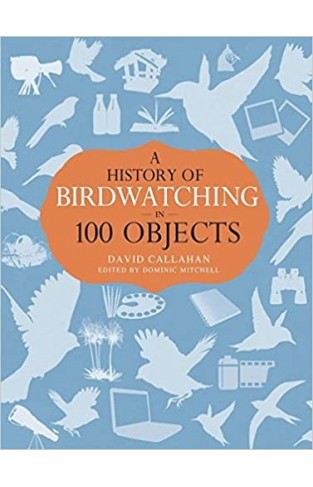

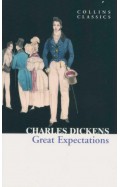




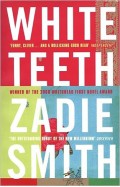

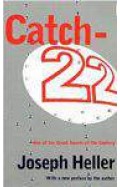
-120x187.jpg?q6)





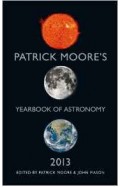
-120x187.jpg?q6)
